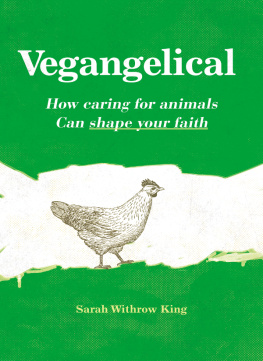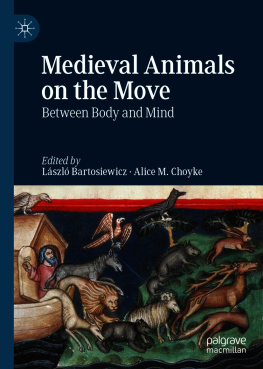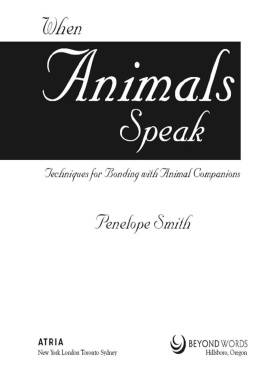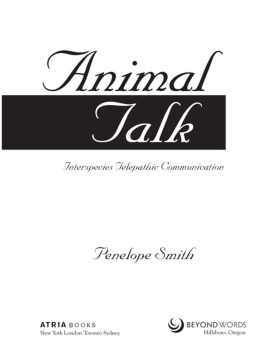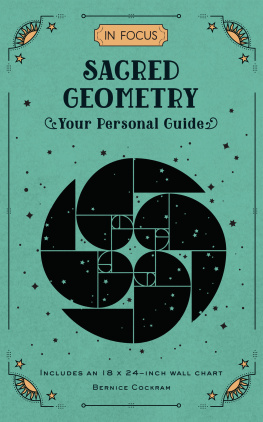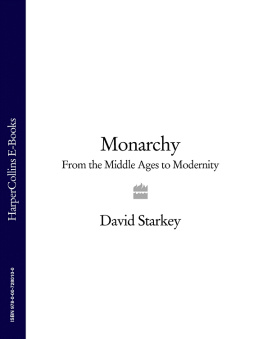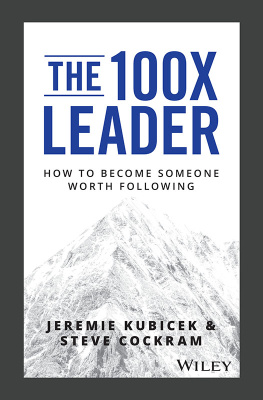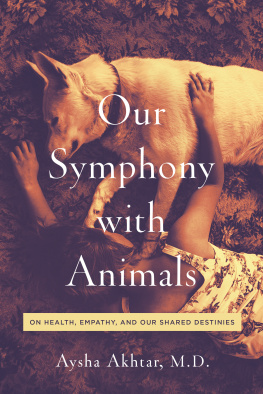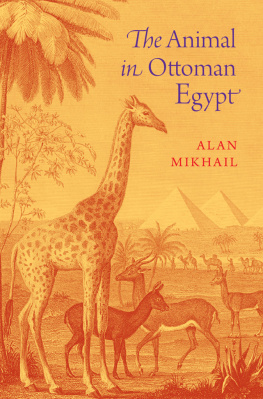Contents
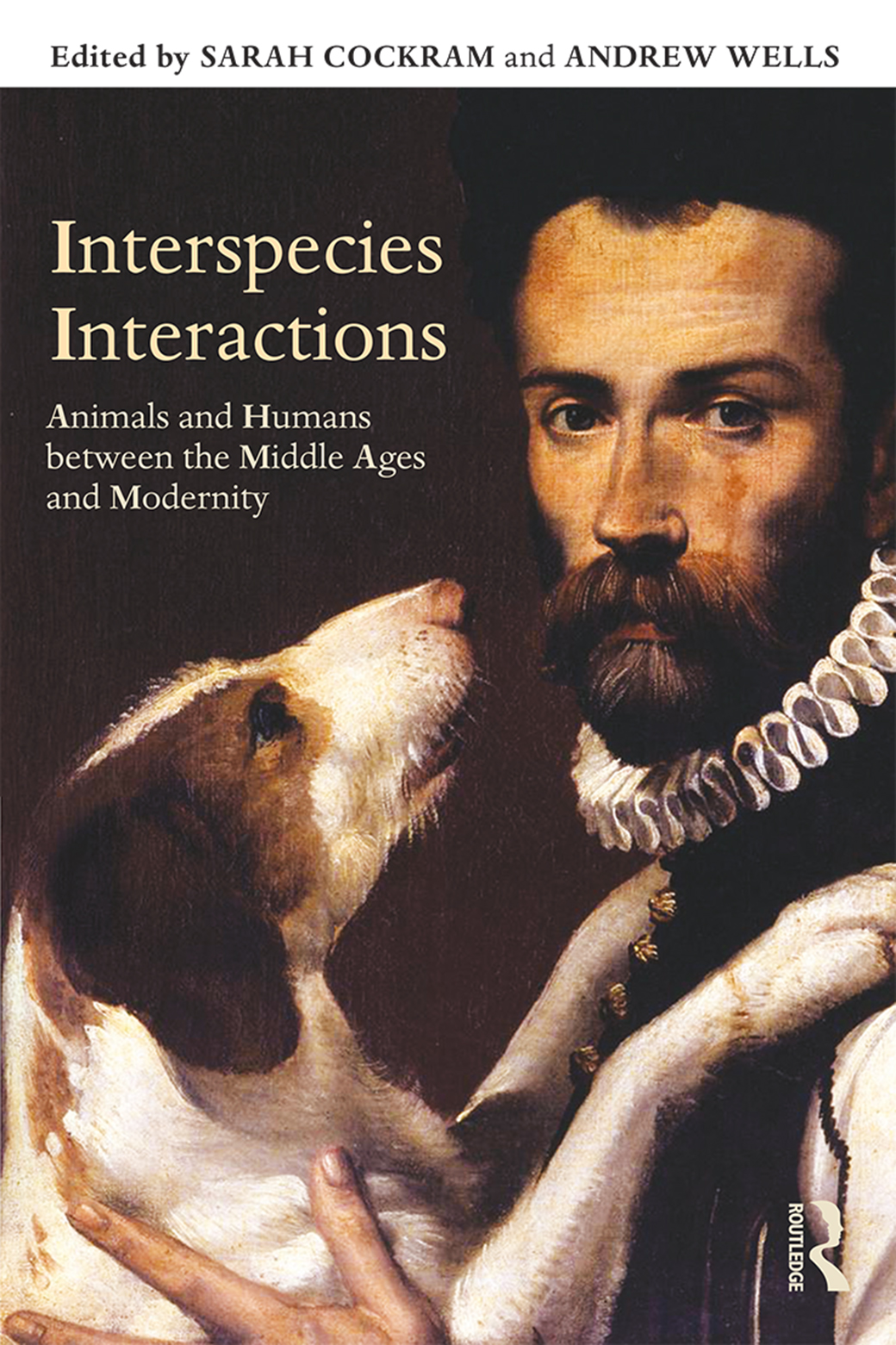
Interspecies Interactions
Interspecies Interactions surveys the rapidly developing field of human-animal relations from the late medieval and early modern eras through to the mid-Victorian period. By viewing animals as authentic and autonomous historical agents who had a real impact on the world around them, this book concentrates on an under-examined but crucial aspect of the human-animal relationship: interaction.
Each chapter provides scholarly debate on the methods and challenges of the study of interspecies interactions, and together they offer an insight into the parts that humans and animals have played in shaping each others lives, as well as encouraging reflection on the directions that human-animal relations may yet take. Beginning with an exploration of Samuel Pepys often emotional relationships with the many animals that he knew, the chapters cover a wide range of domestic, working, and wild animals and include case studies on carnival animals, cattle, dogs, horses, apes, snakes, sharks, invertebrates. These case studies of human-animal interactions are further brought to life through visual representation, by the inclusion of over 20 images within the book.
From sleeve cats to lion fights, Interspecies Interactions encompasses a broad spectrum of relationships between humans and animals. Covering topics such as use, emotion, cognition, empire, status, and performance across several centuries and continents, it is essential reading for all students and scholars of historical animal studies.
Sarah Cockram is Lecturer in History, c.12001600 at the University of Glasgow. Her publications include Isabella dEste and Francesco Gonzaga: Power Sharing at the Italian Renaissance Court (2013) and a co-edited special issue of the journal Renaissance Studies on The Animal in Renaissance Italy.
Andrew Wells is a postdoctoral researcher (Wissenschaftlicher Mitarbeiter) in the Graduate School of the Humanities (GSGG) at the Georg-August-Universitt Gttingen, Germany. He has published essays in History Compass, the Journal of British Studies, and History of European Ideas. His forthcoming book explores the interactions of racial and sexual concepts and identities in eighteenth-century British culture.
Interspecies Interactions
Animals and Humans between the Middle Ages and Modernity
Edited by Sarah Cockram and Andrew Wells

First published 2018
by Routledge
2 Park Square, Milton Park, Abingdon, Oxon OX14 4RN
and by Routledge
711 Third Avenue, New York, NY 10017
Routledge is an imprint of the Taylor & Francis Group, an informa business
2018 selection and editorial matter, Sarah Cockram and Andrew Wells; individual chapters, the contributors
The right of Sarah Cockram and Andrew Wells to be identified as the authors of the editorial material, and of the authors for their individual chapters, has been asserted in accordance with sections 77 and 78 of the Copyright, Designs and Patents Act 1988.
All rights reserved. No part of this book may be reprinted or reproduced or utilised in any form or by any electronic, mechanical, or other means, now known or hereafter invented, including photocopying and recording, or in any information storage or retrieval system, without permission in writing from the publishers.
Trademark notice: Product or corporate names may be trademarks or registered trademarks, and are used only for identification and explanation without intent to infringe.
British Library Cataloguing-in-Publication Data
A catalogue record for this book is available from the British Library
Library of Congress Cataloging-in-Publication Data
Names: Cockram, Sarah D. P., editor. | Wells, Andrew, 1979 editor.
Title: Interspecies interactions: animals and humans between the middle ages and modernity / [edited by] Sarah Cockram and Andrew Wells.
Description: Milton Park, Abingdon, Oxon; New York, NY: Routledge, 2017. | Includes bibliographical references and index.
Identifiers: LCCN 2017011631| ISBN 9781138189713 (hbk: alk. paper) | ISBN 9781138189720 (pbk: alk. paper) | ISBN 9781315109299 (ebk)
Subjects: LCSH: Human-animal relationshipsEuropeHistory.
Classification: LCC QL85 .I58 2017 | DDC 591.5dc23
LC record available at https://lccn.loc.gov/2017011631
ISBN: 978-1-138-18971-3 (hbk)
ISBN: 978-1-138-18972-0 (pbk)
ISBN: 978-1-315-10929-9 (ebk)
Typeset in Bembo
by codeMantra
For Katrin
To Tara
,%20image%2000001>
Lszl Bartosiewicz has been researching animal bones from archaeological sites for thirty-five years. His main areas of interest include animal-human relationships in the past and the past use of animals as media in human communication. While specialised in the study of osteological remains he considers multidisciplinarity indispensable in understanding the cultural roles played by animals. He has taught archaeozoology at the Universities of Budapest (Hungary) and Edinburgh (UK) and is currently working at Stockholm University (Sweden).
Ido Ben-Ami is a PhD Candidate in the Zvi Yavetz School of Historical Studies at Tel Aviv University. His main research interests include the Ottoman Empire in the early modern period and the history of emotions. His doctoral dissertation focuses on emotions and human-animal relations in early modern Istanbul.
Sarah Cockram is Lecturer in History, c.12001600 at the University of Glasgow. Prior to this she held a Leverhulme Early Career Fellowship at the University of Edinburgh for her project Courtly Creatures: Animals and Image Construction at the Italian Renaissance Court. Her research examines society, culture and power in medieval and early modern Europe, with a focus on animal studies, gender, and the Renaissance. Sarahs publications include Isabella dEste and Francesco Gonzaga: Power Sharing at the Italian Renaissance Court (2013) and a special issue on animals of the journal Renaissance Studies (co-edited with Stephen Bowd), to which Sarah has contributed an article on the interspecies understanding between Renaissance animal handlers and their exotic charges such as giraffes, lions, elephants, rhinos and cheetahs.
Helen Cowie is Lecturer in History at the University of York. Her research focuses on the history of animals and the history of natural history. She is author of Conquering Nature in Spain and its Empire, 17501850 (2011), Exhibiting Animals in Nineteenth-Century Britain: Empathy, Education, Entertainment (2014) and Llama (2017).
Pia Cuneo is Professor of Art History at the University of Arizona. Her work focuses on the nexus between visual culture and hippology in early modern Germany. She competes locally in dressage and both her horses are rescue animals.
Peter Edwards is Professor Emeritus of Early Modern British Social and Economic History at the University of Roehampton and has written extensively on the multi-functional role of horses in pre-modern society. His publications include The Horse Trade of Tudor and Stuart England (1988/reprinted 2004); Horse and Man in Early Modern England (2007); and with Prof. Elspeth Graham (eds),


